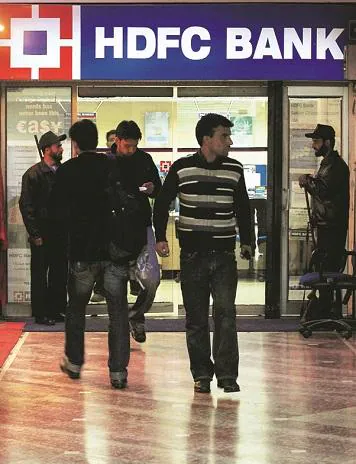[ad_1]
The country’s largest private sector lender, HDFC Bank, has increased its marginal cost of funds-based lending rate (MCLR) by 10 basis points (bps), with effect from September 7.
This is the second rate hike in two months by the private sector lender after the six-member rate setting committee of the Reserve Bank of India (RBI) increased the benchmark repo rate by 50 bps to 5.40 per cent.
HDFC Bank’s MCLR now ranges from 7.90 per cent to 8.40 per cent. The overnight and one-month MCLR stands at 7.90 per cent. The three-month MCLR is 7.95 per cent and the six-month MCLR is 8.05 per cent. The one-year, two-year, and three-year rates are 8.20 per cent, 8.30 per cent and 8.40 per cent, respectively.
Last month, the lender had raised its MCLR by 5-10 basis points (bps) across loan tenures just after the repo rate hike. The repo rate has been increased by 140 bps since May to tame headline inflation, which has been hovering over the RBI’s tolerance limit for quite a while.
According to RBI data, about 43.6 per cent of banking system loans are linked to the external benchmark, which could be the repo rate, or yields on government securities such as 91-day and 182-day treasury bills. About 49.2 per cent of the banking system loans are linked to the MCLR.
While lenders have been quick to pass on the repo rate hike announced by the MPC to borrowers, deposit rates have not kept pace. However, many banks have now started raising their deposit rates and have launched special festive season schemes under which they are offering higher interest rates on their fixed deposits for a limited period to mobilise funds to support credit demand in the economy.
Despite the frequent rate hikes, credit demand in the economy has been very robust. According to latest RBI data, banking credit grew at 15.3 per cent as of August 12, while deposits grew by just 8.8 per cent, resulting in a credit-deposit growth gap of over 600 bps. A widening gap between deposit and credit growth remains a concern as it could lead to supply-side constraints going ahead, analysts have said.
[ad_2]
Source link



